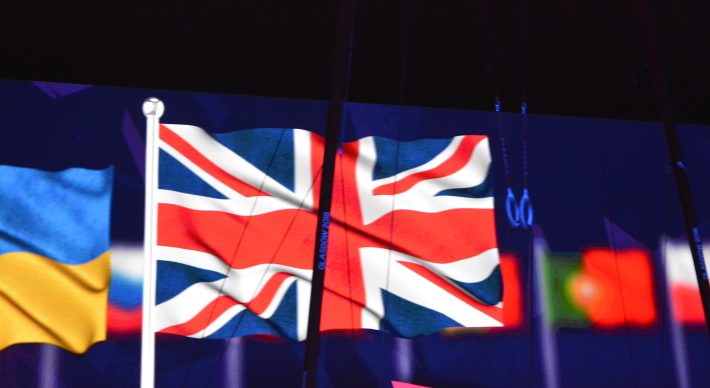Today sees the launch of a new Get Set+ programme called Think Real, the primary purpose of which will be to inspire young people aged 11-16 to make healthy, informed decisions.
The programme was developed by Sport England, UK Anti-Doping, the British Olympic Foundation and the British Paralympic Association, in association with the English Institute of Sport and the National Governing Bodies, to help consider the challenges faced by young people at all levels of sporting involvement. From the barriers preventing 88% of young people aged 13–15 from meeting their daily recommended physical activity allowance, to concerns surrounding amateur sport, in which 50% of people feel doping is wide spread, and the pressures of competitive youth sport.
Think Real addresses the links between these various health challenges and approaches healthy habits as a whole – helping young people make the links between their nutrition, recovery and physical activity, to consider their all-round health.
Taking a broad approach to health education, it focuses on helping young people to develop the knowledge, skills and understanding to make informed choices about their own lives, rather than telling them what they should or shouldn’t do. It recognises that young people have different needs, interests and goals, so habits need to be individually tailored to them and emphasises the importance of resilience – health as a long-term journey, not a ‘quick fix’.
Including adaptable presentations, student activity sheets, expert information and engaging films, the resources are flexible and varied. With ‘class’ resources aimed at a general audience, for delivery in PSHE, and ‘team’ resources for GCSE PE students (or those engaged in extra-curricular sport) Think Real allows teachers and leaders to select activities to suit and support students at all stages of their school life, or levels of sport.
The Think Real resources have all been developed with support from both teachers and young people, and the programme’s films each feature stories from young people at different levels of sporting engagement, reflecting their own real-life experiences with sport and healthy habits. Throughout, the resources encourage young people to take ownership of their learning and lifestyles – now and for the future.
Jan Paterson, Chief Executive Officer, British Olympic Foundation, said:
“From its inception, Get Set has looked to work with young people to help educate them through the power of sport. Health and well-being is a fundamental part of a young person’s life, now more so than ever before, and the thought provoking Think Real campaign will help to support them in making informed choices in everyday life.
“We know only too well that the stars of tomorrow come from a variety of backgrounds and face a multitude of complex decisions day-to-day. Think Real can really kick start strong, healthy habits, not just in the short-term but for life and that is why it is with great pride we join with partners to deliver this campaign.”
Mike Diaper, Executive Director at Sport England, said:
“It’s extremely important to give young people the confidence and knowledge they need to make their own choices about their health and the life-long benefits of being active. Sport England is delighted to be investing National Lottery funding to help them achieve this, by creating a great resource not only for teachers and schools but also for sports clubs, parents and any organisation that works with young people.”
Amanda Hudson, Head of Education, UKAD, said:
“It is great to be working with our partners on this new programme for schools that will help young people have conversations about lifestyle choices and the impact these choices may have on their health and well-being. At UKAD, we believe the key messages involved in Think Real, especially around the health and moral risks of doping, and encouraging a natural, food-first approach to nutrition, can ensure children grow up to make intelligent, informed choices, and ultimately reduce the risk of doping in sport. We urge more schools to engage in this new programme by utilising the free resources to prepare future generations to be healthy and active.”


